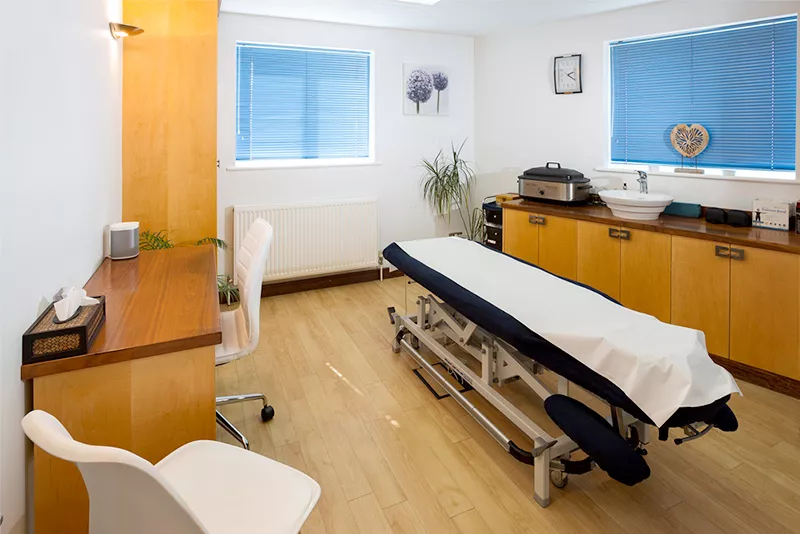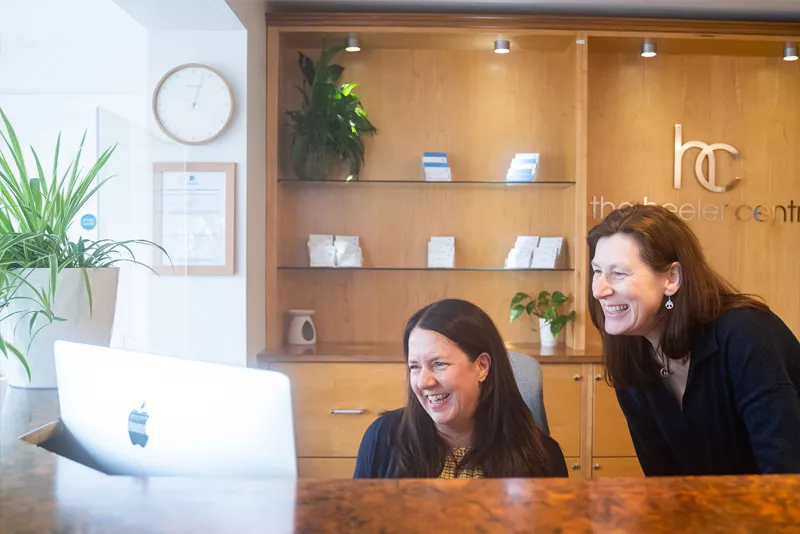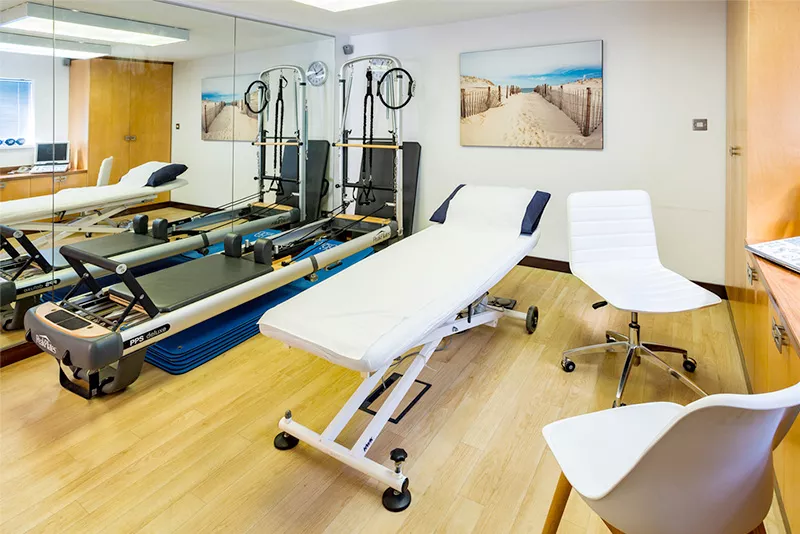Reiki
The 5 Reiki Principles
For today, anger not today, I release all anger
For today, worry not today, I release all worries
Honour your teachers, parents and elders
Do your work with appreciation
Be grateful and humble about all
You have probably heard of Reiki, but you are possibly not sure what it is and what it can do for you. Reiki is Japanese for ‘Universal Energy’. It is an ancient energy healing technique, that has been used for over 2000 years and is used in many cultures. It’s a safe, gentle, and non-invasive form of energy-based healing. It has a positive effect on the mind, body, and soul. It helps you to become energetically balanced, physically, emotionally, mentally, and spiritually.
Reiki can do no harm, it can only do good.
How does Reiki work?
Reiki practitioners act as a conduit between you and the source of the universal life force energy. The practitioner will move their hands around your body. They may touch you lightly or have their hands just above your body. The energy flows through the practitioner's hands to you.
The patient determines the energy flow from the practitioner's hands. Reiki goes wherever it is needed. As a practitioner, we are supporting our patients in what they need, rather than what we think they need. This makes it the perfect balance to meet the patient's needs.
How can Reiki help me, what are the benefits?
- Develops the body’s natural healing properties
- Vitalises the body and mind
- Balances the energy levels
- Releases blockages and promotes total relaxation
- Cleanses and releases toxins from the body
Reiki can be especially helpful for:
- Reducing stress, anxiety, and depression
- Reducing or eliminating pain
- •mproving self-confidence and well-being
What are the health benefits of Reiki?
- Bring on a meditative state
- Help with tissue healing after injury or surgery
- Stimulate the body’s immune system
- Promote natural self-healing
- Relieve pain and tension
- Support the well-being of people receiving traditional medical treatments such as chemotherapy and radiation surgery
Can Reiki replace traditional medical treatments?
No! Reiki treatment should not be used to replace traditional medical treatments. Reiki compliments other types of medical and therapeutic treatments and can increase the efficiency of other types of healing. If you are in good health, Reiki can be used as a preventative form of treatment, enhancing your ability to respond to stress.
What conditions does Reiki treat?
Reiki works on the entire self - mind, body, and emotions. Due to its universal life force energy, Reiki may be successful in all types of physical, emotional, mental, and spiritual healing. Reiki isn’t specific to any particular condition, but may help with:
- Cancer
- Chronic pain
- Infertility
- Digestive problems
- Parkinson’s disease
Reiki may also help with preparing for surgery and your recovery after.
What happens during a Reiki session?
Reiki treatments last between 45 to 60 minutes.
During a session, you’ll lie on a massage table, fully clothed. Wearing comfortable clothing is recommended. You may be wrapped in a blanket, to keep you warm and cosy. Your Reiki practitioner will hover their hands above the body in specific energy locations and occasionally may place their hands on you. They will work intuitively with the flow of energy.
Reiki differs from other touch therapies. There is no pressure, massage or manipulation involved.
What does Reiki feel like?
During a Reiki treatment, the body’s own self-healing powers are activated. You may experience the energy in the form of sensations like heat, tingling, or pulsing. Sometimes people will feel sensations in the localised area where the practitioner is working or they may feel sensations throughout the body. Some people feel nothing at all. In most cases, people feel very relaxed during the treatment and may fall asleep in the process.
During a Reiki treatment - the body’s own self healing powers are activated.
Therapists & availability




